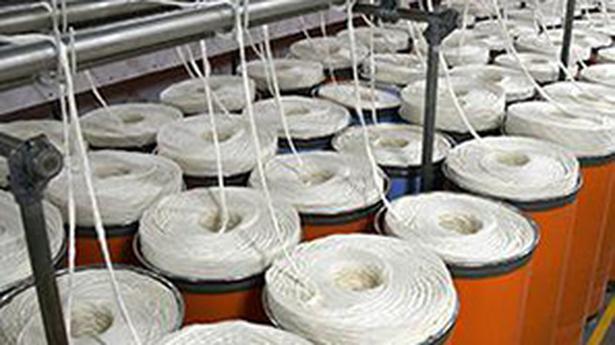
Growing demand for natural fibres opens up huge farming opportunities in India: Mayank Tiwari of ReshaMandi
The Hindu
‘Natural fibres are considered the backbone of the Indian textiles industry which is projected to reach $195 billion by 2025 from $138 billion currently’
India’s natural fibre industry is expected to grow steadily in the coming years on the back of the growing domestic and global demand for the commodity, according to Mayank Tiwari, Founder and CEO ReshaMandi, a farm-to-fashion digital marketplace for natural fibres.
The growing demand has opened up huge opportunities for farmers who want to grow plants used for plant-based and pulp-based natural fibres, he added.
“Natural fibres are considered the backbone of the Indian textiles industry which is projected to reach $195 billion by 2025 from $138 billion currently. The demand for natural fibres has been on a steady rise and this opens up opportunities for farmers in the country, especially for growing cotton, silk, jute, wool and linen,’‘ Mr. Tiwari told The Hindu.
The close relationship of the textiles industry with agriculture (for raw materials), the lineage and heritage of the techniques used in the sector made the country a unique market as compared to other textile industries across the world, he observed.
Elaborating on the drivers of the natural fibre sector, he said, end customers, even in developing countries such as India, were becoming increasingly conscious of sustainability issues and the entire life cycle of products and materials right from the orign/source.
“In the last couple of years, ‘sustainable’ and ‘organic’ have become indispensable buzzwords in India’s fashion industry with brands committed to being 100% organic and to using natural fibres,’‘ Mr. Tiwari added.
Plant-based natural fibres, include cotton, hemp, linen, banana, jute, bamboo, sisal, coil, pineapple, ramie and lotus while orange, corn, wood pulp, soya, rose, sugarcane, eucalyptus, pine wood and beech wood are some examples of pulped and chemically-extracted natural fibres.











